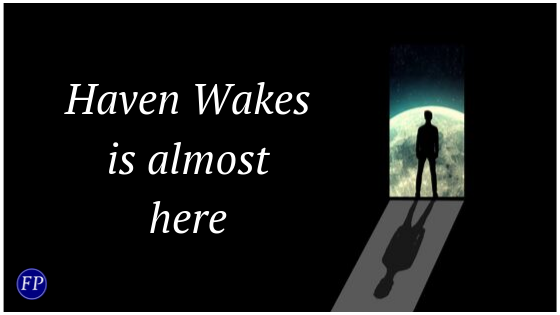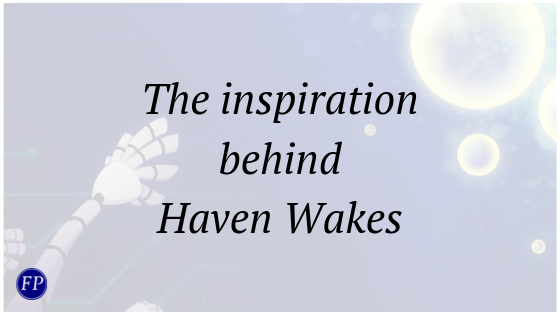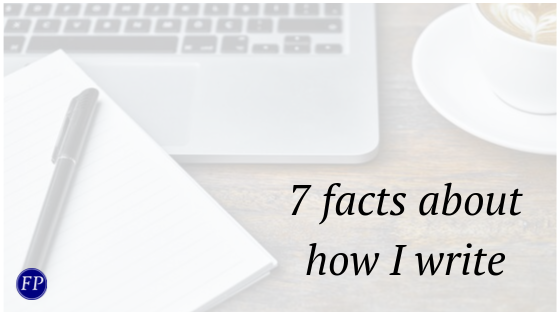Haven Wakes is almost here
It’s Monday morning – the last day before my debut novel Haven Wakes is published – and I’m preparing for the big launch tomorrow. To say, I’m excited has to be the understatement of my life, but I’m also incredibly grateful for this chance to share my stories. I’m grateful Read more…




